Description
Tour Details
Nile crocodile (crocodylus niloticus):
This is the largest species of crocodile, found in Africa and Madagascar. They can grow up to 7 m. The average lifespan is between sixty and one hundred years. Large crocodiles eat about 120 kg of food per year and can weigh over 500 kg.
Crocodile feeding show daily at 11.30!
You will have the opportunity to take a picture with a baby crocodile.
Aldabra Giant Tortoise:
This is the last surviving giant tortoise species of those that once inhabited several of the islands of the Indian Ocean. It is one of the largest species of giant tortoises, with the carapace reaching around 120 cm in length, and averaging around 250 kg in weight.
Giant tortoises are among the longest lived animals, and some Aldabra tortoises have lived to over one hundred years of age. All of the tortoises in the reserve were born in captivity.
Facts about the Aldabra Giant Tortoises:
Giant tortoise eggs are about the size of a tennis ball and are buried in moist sand or loose soil. At hatching, the babies are about 3 inches long.
It takes a giant tortoise about 20 years to reach breeding size.
Aldabra tortoises are strict vegetarians, feeding on various grasses and cacti. They are fond of fruits and most vegetables.
They lack teeth, but their jaws are lined with horny sharp ridges, which come together like a pair of pinking shears. Some types of turtles and tortoises will bite defensively, but these gentle creatures almost never will. However, if a person should misjudge while offering them food, a large tortoise could easily remove a finger.
Male tortoises are generally much larger than females of the same species.
Because these are tortoises, they do not need to be in water. In fact, they don’t even need to drink water for great lengths of times – Most of the water they need is found in their food.
Additional Attractions:
Near the giant tortoises is a museum that tells the story of the extinct Dodo bird, an endemic species to Mauritius that went extinct around 300 years ago. Other attractions include daily crocodile feedings, the chance to hold a baby crocodile, and an extensive insectarium showcasing over 30,000 specimens.
Bois Cheri Tea Factory:
The Island’s largest producer, Bois Cheri Tea Plantation, is the main stop on this route. Bois Cheri Plantation was established in 1892 and have quickly grown over the years to become the county’s largest tea producer. The Tea plantation covers more than 250 hectares including a museum and the factory which allow visitors to learn about the art and science of tea.
Visits to the tea estate include guided tours and explorations of the factory, and the chance to see the museum and the plantation, as well as tea tasting. The guide leads you through the tea plantation and factory narrating the history, tales and stories of Bois Chéri and how important tea production is to Mauritius.
Bois Cheri tea plantation:
If you love tea and nature, this is one of those tours you don’t want to miss. The plantation is just a short distance from the museum and the main factory. It’s nested in a scenic natural setting with the surroundings of lush greenery. The background invokes some quiet relaxation and peace of mind.
Other than the beautiful, lush greenery of the tea plantation, you will be treated to a South coast picturesque view on one side and a beautiful crater lake as you turn around. Even just a drive around is quite beautiful; there are sweet spots where you can stop to take photos of the lake, fascinating trees and tea plantations from all angles.
Tea tasting
After a walk around the museum and factory, the next on the list is tea tasting. You will drive to the factory café near the restaurant where you get to taste all types of teas.
Bois Cheri restaurant:
The Bois Cheri restaurant is within a walking distance from the café, factory, museum and administration block. The best thing about its location is that it offers picturesque views of the south coast. The restaurant offers unique cuisines including a wide range of local flavours to choose.
You will get a chance to taste shrimps with green tea and chicken with exotic tea. Most visitors love chicken marinated in vanilla tea sauce, and this comes with dhal, rice, and the standard condiments. Whichever your choice, be sure to try some local dishes.
Colonial House – Domaine des Aubineaux:
Built in 1872, this colonial house located in the center of Mauritius has preserved its original furniture and artwork. Guided expositions will take you through the house, and you’ll learn the history of the Mauritian family that owned it. Notably, this family was the first on the island to free their slaves, and this house was the first in Mauritius to receive electricity in 1881.
Gris Gris Beach
Gris Gris Beach, located on the southern tip of Mauritius, offers a stark contrast to the typically calm beaches of the island, with no coral reef to protect it. Large waves crash against the shore, creating a breathtaking view.
However, swimming is highly discouraged due to the strong currents and large waves, which make it extremely dangerous.
Roche qui Pleure:
You can enjoy the sight of waves crashing against the cliff.
Tour Duration: About 6-8 hours.
Pricing
Private car with driver for 1-3 people:
$150.
Guide service available for an additional cost:
English, French, Italian, Russian, Ukrainian, Latvian, Spanish, Indian and German languages.
Private minibus with driver for up to 8 people:
$250.
A bus for 22-35 people can be arranged upon request.


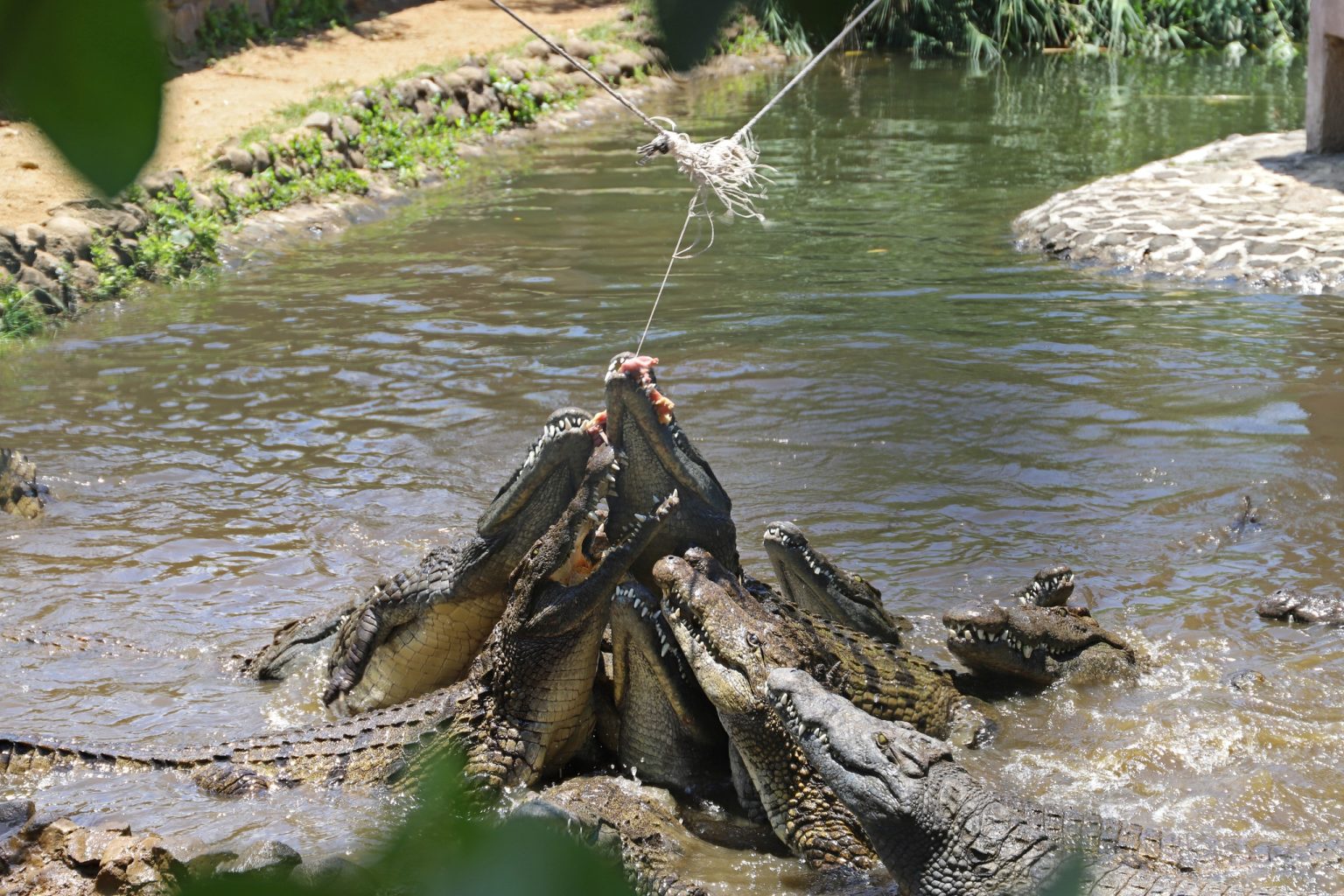
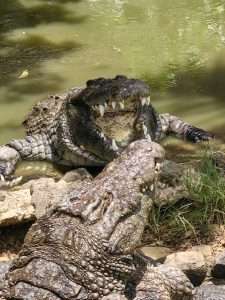
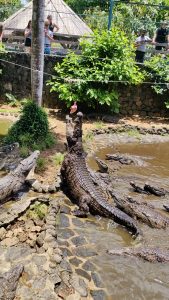
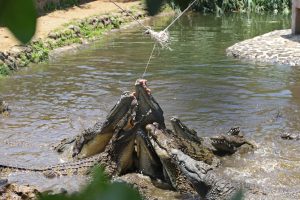
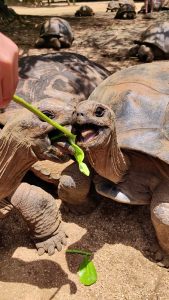
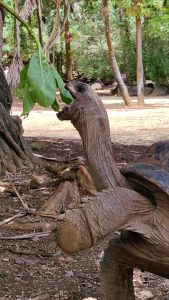
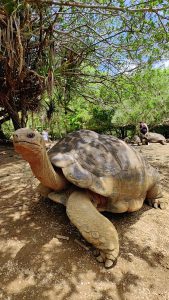
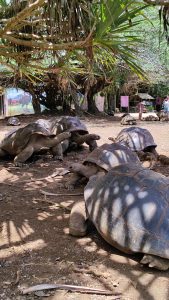
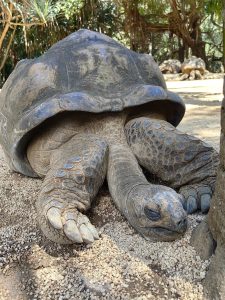
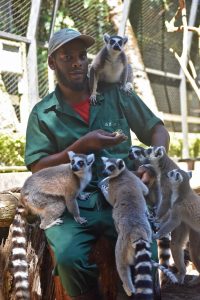
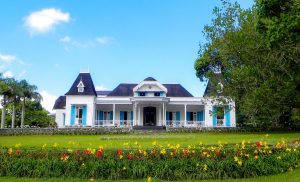
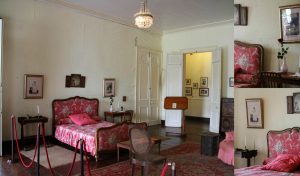
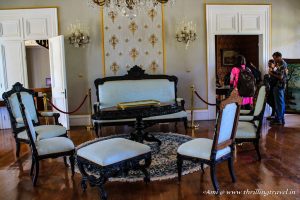
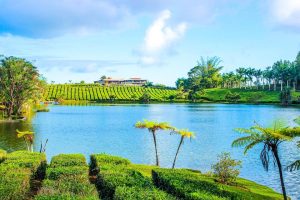
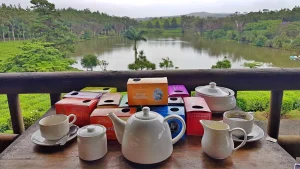
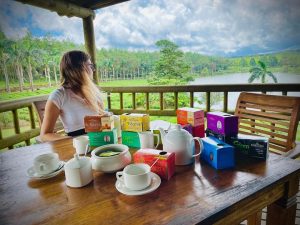
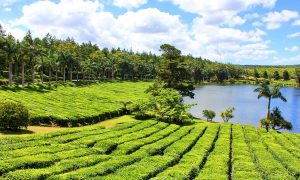
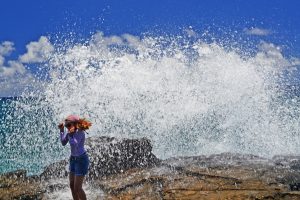
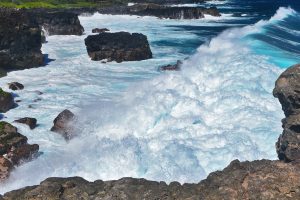
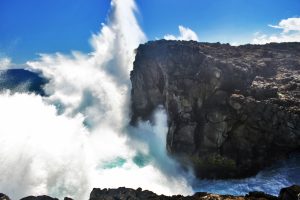

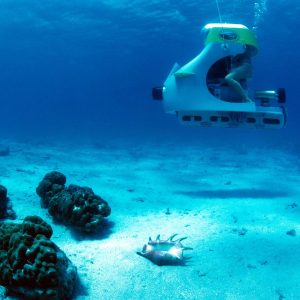


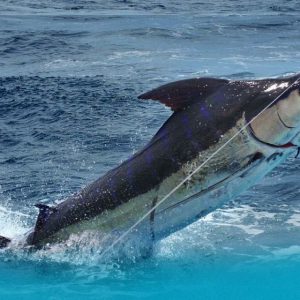




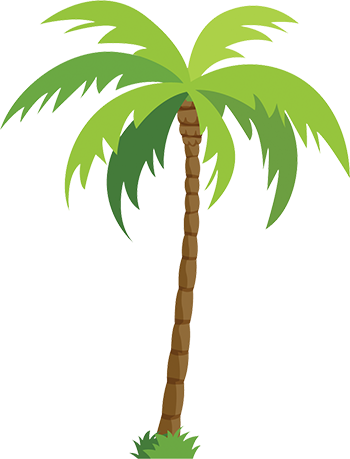
Reviews
There are no reviews yet.